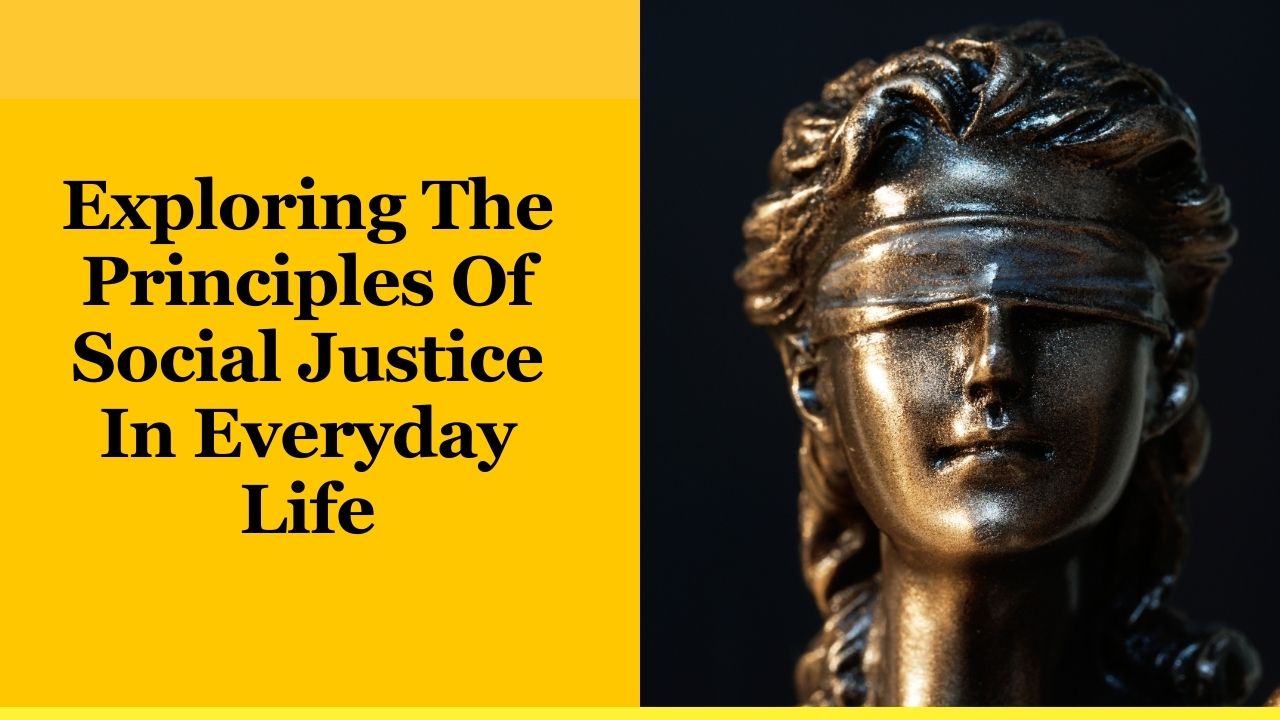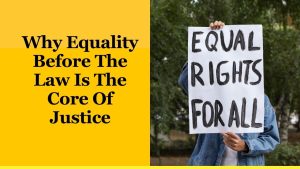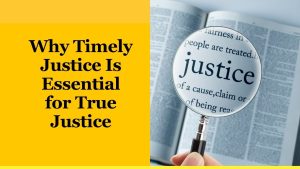In today’s fast-moving world, conversations about fairness, equality, and justice are no longer limited to Every day, we face questions about fairness, equality, and justice. Some are small—like whether everyone in a classroom gets the same opportunity to speak.
Others are larger—such as whether all people have access to affordable healthcare, housing, and jobs. These questions are not only political or academic; they are deeply personal because they affect how people live, work, and grow.
This is where the idea of social justice becomes important. Social justice ensures that people are treated fairly and given equal opportunities regardless of their gender, race, income, or background. It promises a world where dignity is not a privilege for the few but a right for all.
In this article, we’ll explore the principles of social justice, look at real-life examples, highlight challenges, and provide ways that individuals and institutions can bring fairness into daily life. By the end, you will understand how you—no matter who you are—can help build a society rooted in justice.
What Is Social Justice?
At its core, social justice is about creating a society where everyone has equal access to opportunities, rights, and resources. Unlike charity, which focuses on helping individuals in crisis, social justice looks at the systems that create inequality in the first place.
For instance:
- Why do some communities have excellent schools while others lack basic facilities?
- Why are some workers paid less even when doing the same job?
- Why do healthcare systems serve certain populations better than others?
Social justice challenges these imbalances by focusing on equity, rights, participation, and access.
The Four Core Principles of Social Justice
1. Equity
Equity is not the same as equality. Equality means giving everyone the same thing, while equity means giving people what they need to succeed.
For example, a student with dyslexia may need extra reading tools to keep up in class. Equity recognizes that people start from different places and require different support.
2. Access
Access ensures that people can use resources and services without unnecessary barriers. Imagine if only wealthy families could afford internet service—students from low-income homes would be left behind. Ensuring universal access helps reduce the gap between privileged and marginalized groups.
3. Participation
Social justice is stronger when people participate in decision-making. Whether it’s voting, joining school boards, or contributing ideas in community meetings, participation ensures that everyone has a voice in shaping society.
4. Rights
Every human being is entitled to certain rights—such as safety, education, healthcare, and freedom of expression. Protecting these rights ensures that dignity is respected and no one is excluded from opportunities.
Why Social Justice Matters in Everyday Life
It is easy to think of social justice as something that happens only in government offices or international organizations. But in reality, it is part of everyday life.
- When schools give free meals to children from low-income families, they are practicing social justice.
- When workplaces enforce equal pay for men and women, they are practicing social justice.
- When communities make public spaces accessible for people with disabilities, they are practicing social justice.
In short, social justice is about fairness at every level—personal, local, and global.
Examples of Social Justice in Action
| Area of Life | Example of Social Justice in Action | Why It Matters |
|---|---|---|
| Workplace | Ensuring equal pay for equal work | Promotes fairness and motivation |
| Education | Providing scholarships for low-income students | Expands opportunities |
| Healthcare | Offering free vaccination programs for all communities | Protects public health |
| Community | Involving residents in city planning decisions | Builds trust and inclusion |
| Digital Access | Expanding internet services in rural areas | Reduces inequality |
| Legal Rights | Protecting workers from unsafe job conditions | Safeguards dignity |
Everyday Actions That Promote Social Justice
Social justice is not only for policymakers; it can be promoted by individuals in their daily lives.
At Work
- Support diversity and inclusion programs.
- Speak up against discrimination or unfair treatment.
- Encourage policies that ensure fair wages and benefits.
In Education
- Mentor students who face barriers to learning.
- Advocate for inclusive classrooms that respect differences.
- Share resources like books, laptops, or tutoring support.
In Communities
- Join local campaigns for affordable housing.
- Respect cultural diversity by participating in local festivals.
- Support local charities that help marginalized groups.
Online
- Avoid sharing harmful stereotypes.
- Report hate speech or discriminatory content.
- Support digital programs that improve access to information.
Common Barriers to Social Justice
Even with progress, achieving social justice is not easy. Major barriers include:
- Economic Inequality – The gap between the rich and poor continues to widen, limiting access to education, healthcare, and housing.
- Systemic Discrimination – Racism, sexism, and ableism often prevent people from enjoying equal opportunities.
- Policy Gaps – Not all laws protect rights effectively, and enforcement can be weak.
- Lack of Awareness – Many individuals are unaware of how their daily choices impact inequality.
The Role of Governments and Institutions
Governments and institutions hold significant responsibility in ensuring fairness. Strong policies, funding, and enforcement can transform lives.
For example, in the United States, the U.S. Department of Justice plays a central role in protecting civil rights, ensuring access to justice, and enforcing laws against discrimination. Similarly, schools, businesses, and healthcare institutions can adopt policies that protect vulnerable populations.
Social Justice and Human Rights
The relationship between human rights and social justice is deeply connected. Human rights describe what people are entitled to by law, such as freedom of speech or the right to education. Social justice makes sure those rights are actually experienced in real life.
Without social justice, human rights remain theoretical. For example, while every child may have the right to education, only social justice ensures that schools are properly funded and accessible to all.
Building a Culture of Social Justice
Creating a just society is not a one-time effort; it is a continuous process. Here are key steps to build a culture of fairness:
- Education – Schools should teach children about empathy, equality, and responsibility.
- Policy Reform – Governments must create strong anti-discrimination laws and ensure they are enforced.
- Community Involvement – Local organizations should encourage volunteerism and civic participation.
- Personal Responsibility – Individuals must challenge unfairness when they see it, whether in workplaces, schools, or communities.
Case Studies: Everyday Social Justice in Practice
Case 1: Workplace Pay Equality
A large company introduced an annual review of pay structures to identify and correct gender-based wage differences. This not only boosted morale but also improved productivity by showing employees they were valued equally.
Case 2: School Inclusion Programs
A public school district created programs to support non-native English speakers. These programs provided extra language classes, ensuring students did not fall behind academically.
Case 3: Community Internet Access
A rural town introduced free public Wi-Fi zones to reduce digital inequality. This allowed students to complete schoolwork and adults to apply for jobs online.
Each of these examples shows that justice is practical and possible when communities act together.
Why Social Justice Benefits Everyone
It’s easy to think that social justice only helps disadvantaged groups. In reality, it benefits everyone.
- A healthy, educated society contributes more to the economy.
- Equal workplaces improve innovation and teamwork.
- Inclusive communities are safer and more peaceful.
Justice is not charity—it’s about building a system where everyone has the chance to succeed.
Social justice is not an abstract theory; it is the backbone of a fair and inclusive society. Its principles—equity, access, participation, and rights—are central to how we treat one another in schools, workplaces, healthcare, and communities.
When governments, institutions, and individuals all take responsibility, justice becomes more than a dream. It becomes a lived reality.
The everyday actions we take—whether advocating for equal pay, mentoring a student, or respecting cultural traditions—bring us closer to a world where everyone enjoys dignity, fairness, and opportunity.
In the end, social justice is not just about laws and policies; it is about the choices each of us makes, every single day.
FAQs
What is the difference between equity and equality?
Equality means treating everyone the same, while equity ensures people get the resources they need to succeed.
How can individuals promote social justice?
You can volunteer, support fair policies, respect diversity, and challenge discrimination when you encounter it in daily life.
Why is social justice important for society?
Because it reduces inequality, strengthens communities, and ensures that everyone can live with dignity and respect.




